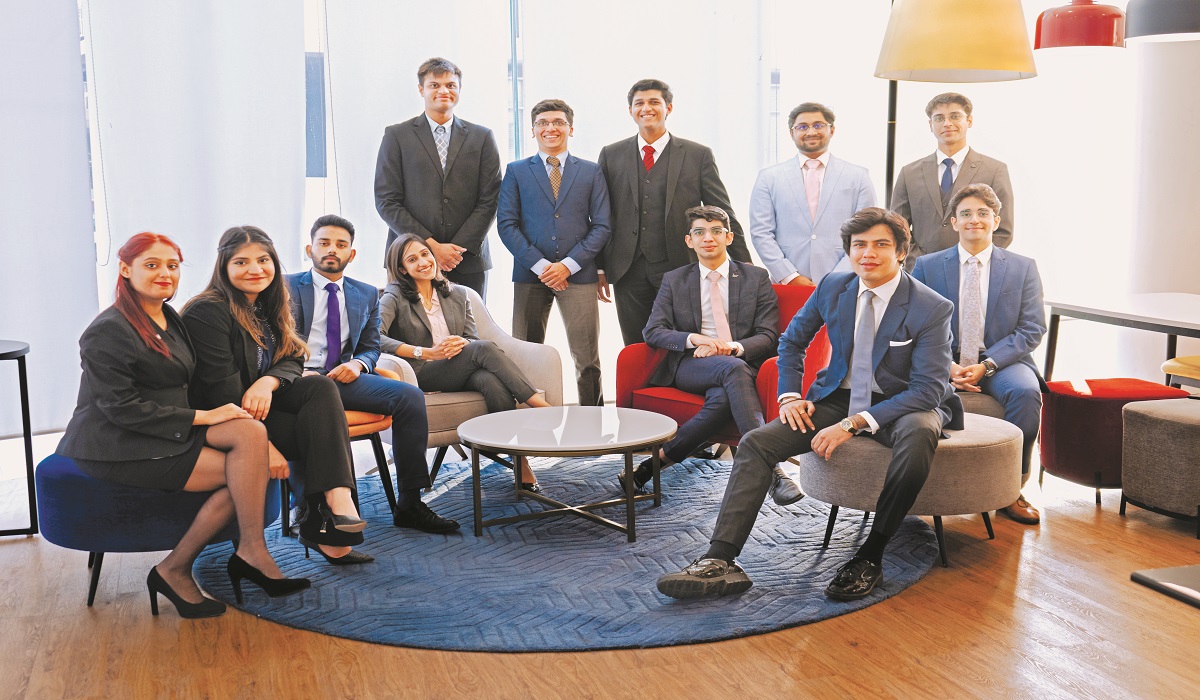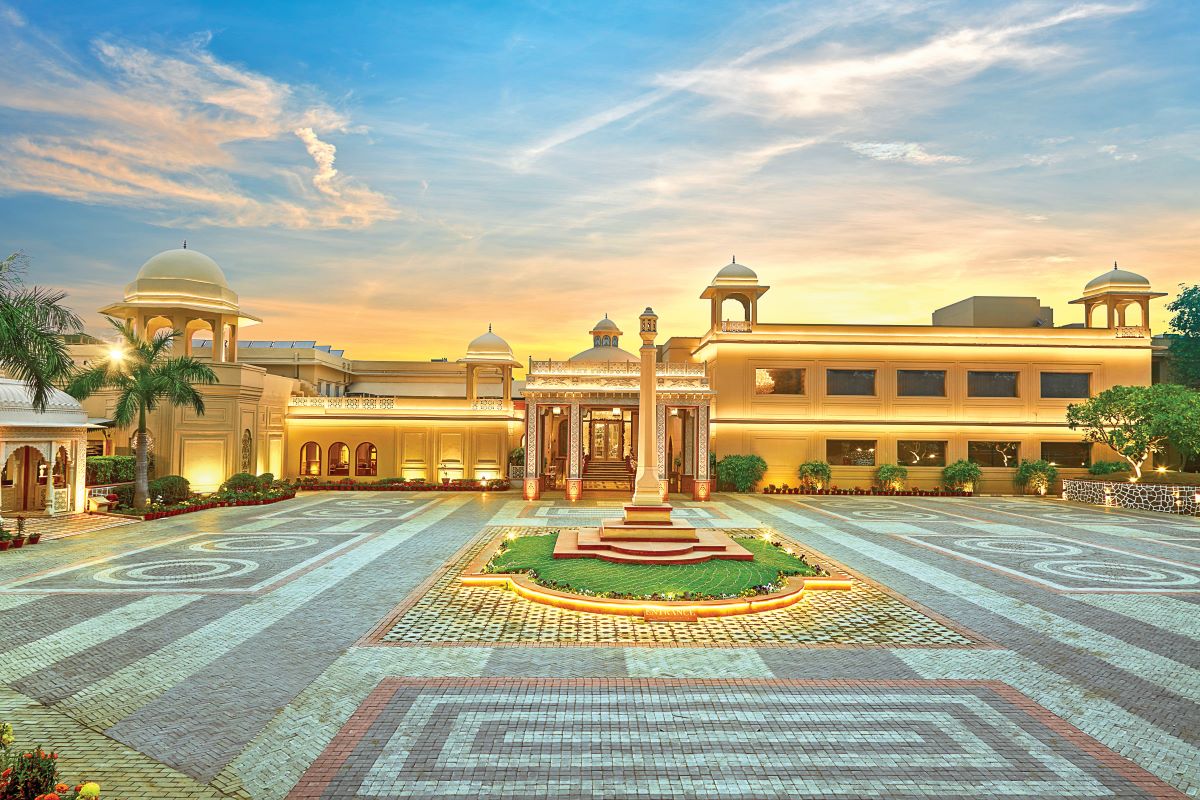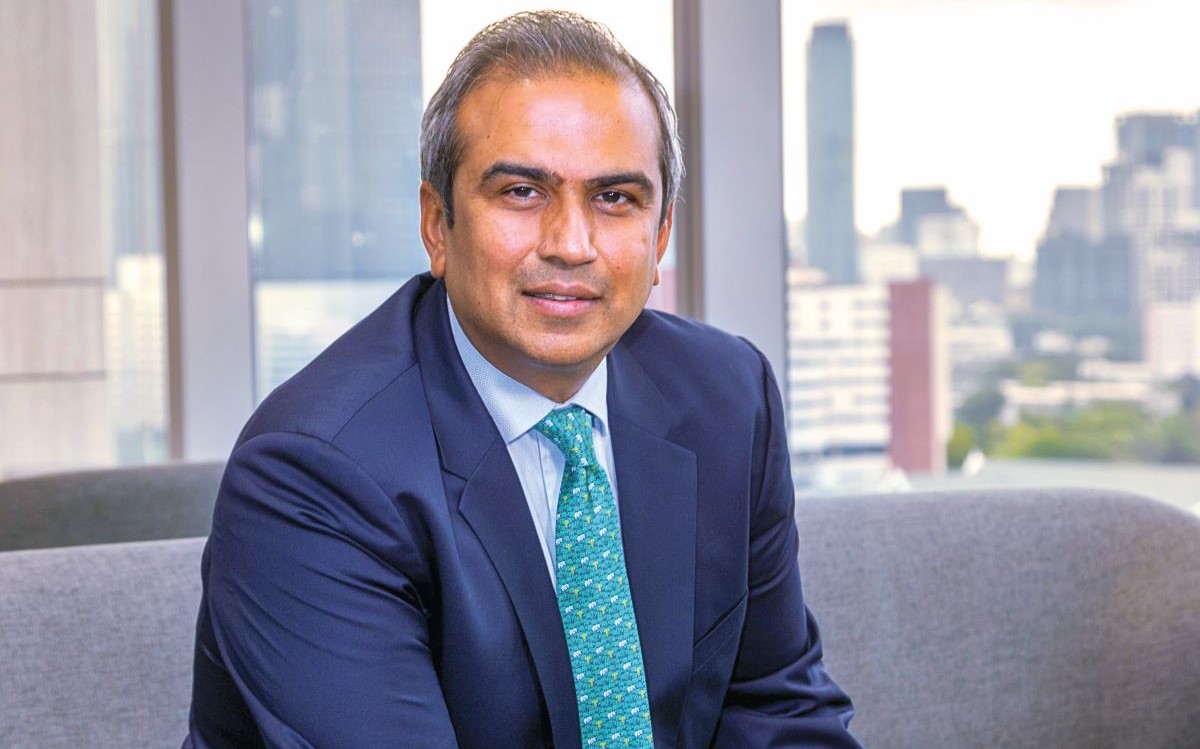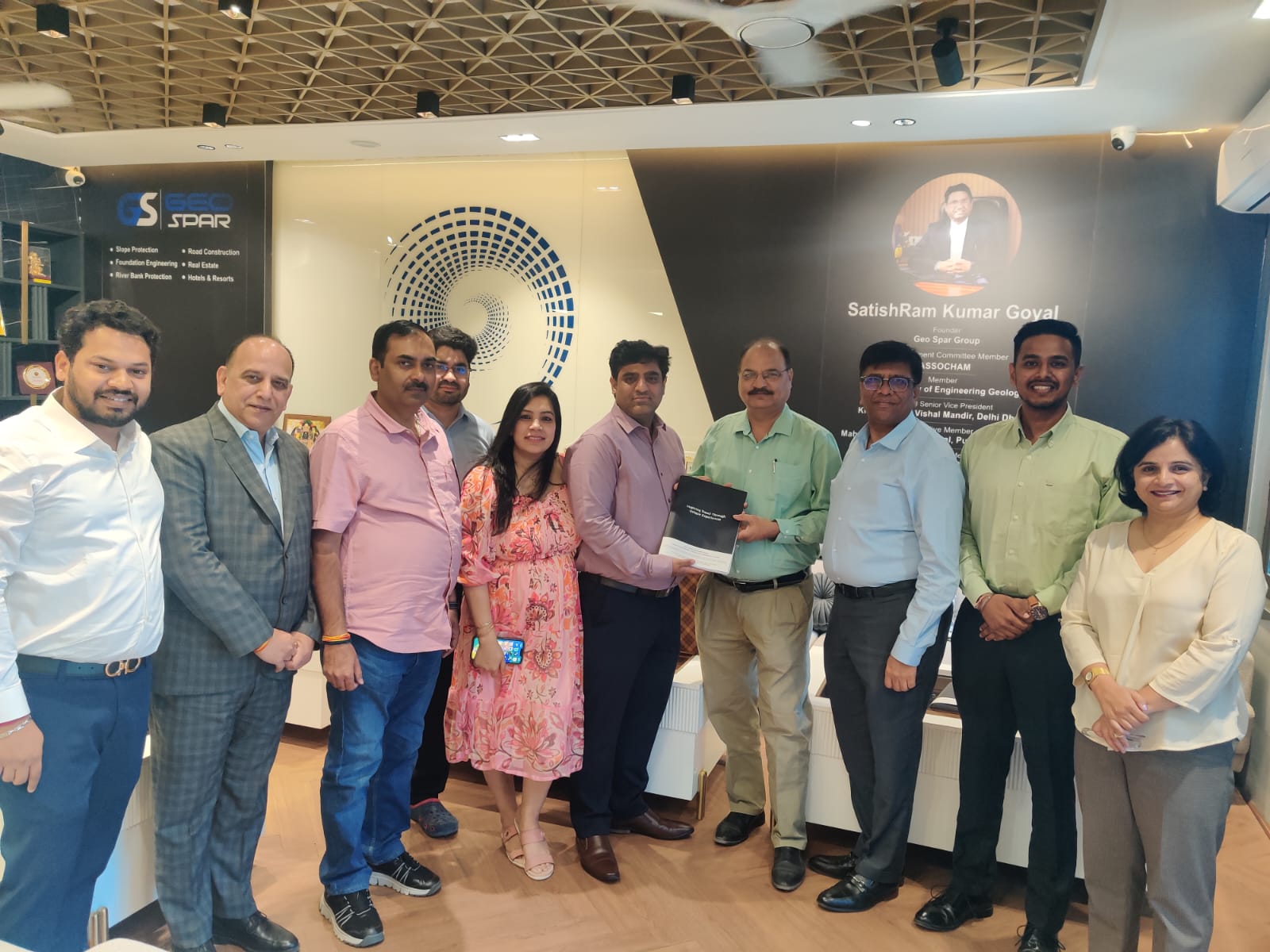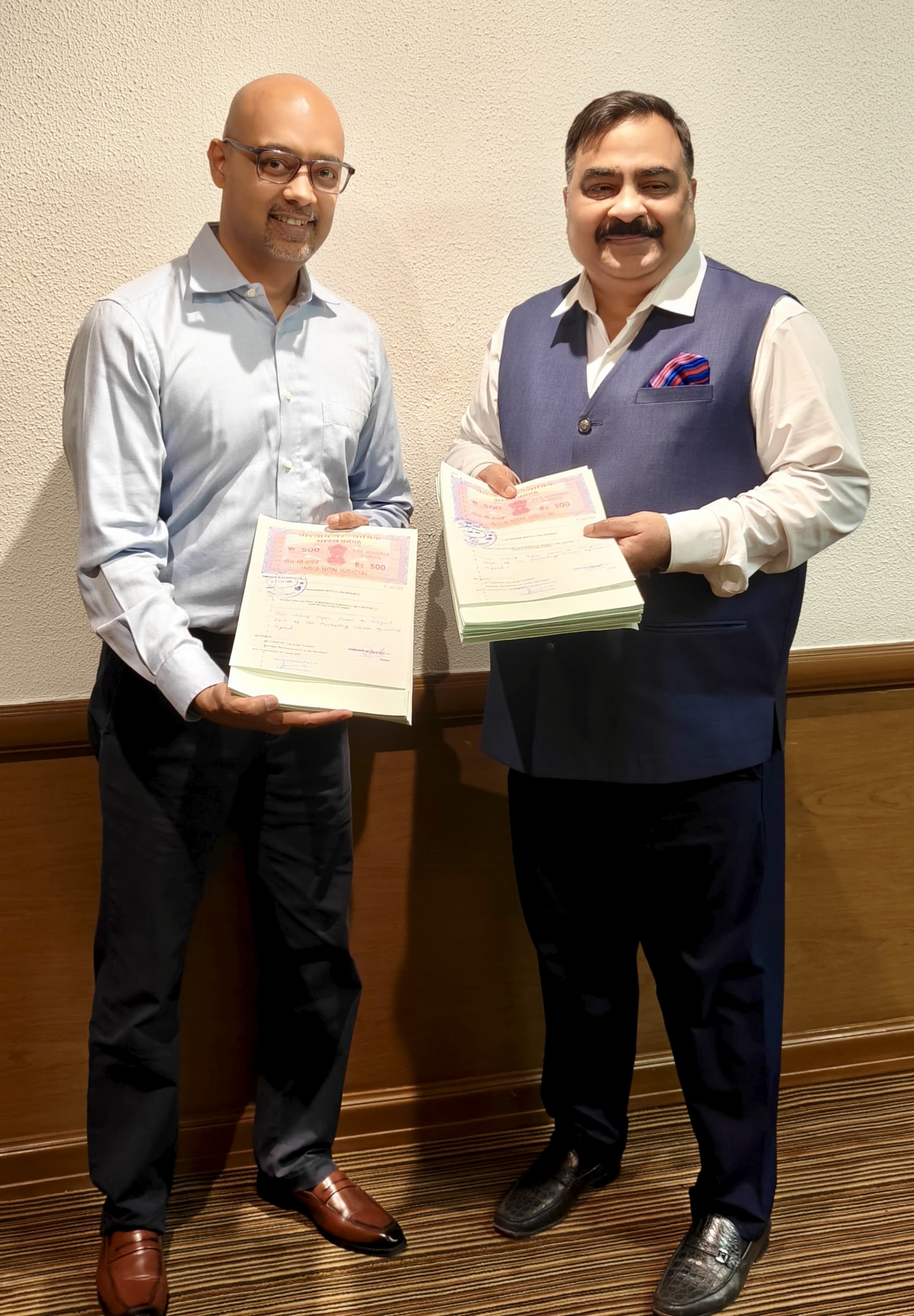Kunal Vasudeva, Co-founder & Managing Director, Indian School of Hospitality delves into the impact of hospitality education on enhancing India’s potential in the experience economy.
In conversation with Sunil Ghadiok
The perception of hospitality education limited to roles & opportunities in hotels and restaurants only is rapidly changing. One of the leading transformative voices altering this perception and shaping the future of hospitality education is the Co-founder & Managing Director of Indian School of Hospitality Kunal Vasudeva.
Recently, Vasudeva was invited as the Introductory keynote speaker at the 25th session of the UNWTO General Assembly, where he spoke about exploring the opportunities and challenges in tourism and hospitality education. As he continues to advocate the need to transcend the conventional contours of education, HotelTALK caught up with him to know more about how he envisions the future of India as a global leader in tourism.
How can educational reform contribute to making India a global leader in the ‘experience economy’?
India’s leadership in the experience economy requires a skilled, ethical, and globally aware educational system. This involves reimagining curricula, emphasizing emotional intelligence, and understanding global consumer needs. Hospitality educational reform is essential for India to become a global architect of sought-after experiences.
What strategies can be employed to alter misconceptions about the hospitality industry?
The traditional view of hospitality education as limited to hotels and restaurants underestimates the diverse range of skills it can provide. These include customer relationship management, efficient operations in manufacturing, and ethical and social responsibility skills. Hospitality education also fosters emotional intelligence, team collaboration, and leadership, making it a versatile field with numerous career opportunities across various sectors. Parents should challenge outdated perceptions and embrace the full breadth of hospitality education.
AI has a transformative role in education, including hospitality. What distinct challenges and opportunities does AI present, particularly for ‘skilling at scale’?
Challenges & opportunities
The hospitality sector is a tapestry of skills and competencies that extend far beyond the traditional roles often associated with it. Incorporating AI into this complex educational landscape presents exceptional opportunities and specific challenges. While the advantages of personalized learning paths and real-time skill mapping are evident, challenges such as infrastructural disparities and data privacy concerns remain, especially in a diverse setting like India.
Skilling at scale
To effectively address these challenges and harness the opportunities, we envision a Dynamic, Adaptive Learning Ecosystem—a ‘Triple Bottom Line Stack’ for talent development in hospitality.
Local competency mapping
AI plays a vital role here, aligning real-time skill requirements with the curriculum, ensuring that our educational offerings are directly mapped to local and global market needs.
Just-in-time reskilling
Agile response to industry changes, creating a resilient talent pool.
Personalized upskilling
AI customizes learning paths based on career goals, performance, and trends, offering a unique educational journey.
With this holistic approach, we aim to democratize hospitality education while offering adaptability, scalability, and deep personalization. This has the potential to redefine not just the perception of what hospitality education is but also the myriad pathways it can lead to.
How does India’s hospitality sector support global sustainability goals, and how are educational institutions contributing to these efforts?
Sustainability is no longer a buzzword; it’s an imperative that transcends industries and borders. In the Indian context, the hospitality sector has a pivotal role to play in aligning with global sustainability goals, such as responsible consumption and ethical sourcing. Educational institutions must lead by example. At the curricular level, the inclusion of sustainability studies, ethical decision-making, and corporate governance is crucial. Beyond that, active partnerships with industry stakeholders to develop and implement green initiatives are essential. We aim to instil a sense of responsibility in our students, preparing them to be agents of change in the sustainable transformation of the hospitality sector and the global business landscape.
Lastly, for parents on the fence, what measurable outcomes can they expect for their children from modern hospitality education?
The question of return on investment in education often defaults to monetary outcomes, but the calculus should be broader. While earning potential is undeniable, the tangible assets acquired are adaptability and resilience. These are not soft skills; they are essential skills. According to the World Economic Forum, competencies like ‘emotional intelligence’ and ‘people management’ will be among the most sought-after skills by 2025. Hospitality education is not merely a preparation for specific roles, but a comprehensive curriculum designed to equip students with these universally applicable skills. In essence, hospitality skills are foundational competencies that can be applied universally across various sectors. The real question parents should be asking is not what their children stand to gain but what they stand to lose if they are not aligned with future expectations.
Skills gained from a robust hospitality education are foundational competencies that can be applied across various industries
It’s not just about immediate job roles; it’s about creating a resilient, future-proof talent pool
Going beyond the curriculum
Here’s how we can redefine the role and impact of hospitality education in preparing students for specific roles and building a resilient, adaptable, and future-ready workforce.
Universal skill set: Hospitality education equips students with foundational competencies that are universally applicable, breaking the outdated perception that this field is confined to traditional roles in hotels and restaurants.
Future-proofing talent: The curriculum is designed to instil adaptability and resilience, skills that are increasingly recognized as invaluable in our fast-paced world. These aren’t merely ‘soft skills’. They are the essential skills for tomorrow.
Leadership in experience economy: We believe that educational reform is not a choice but a necessity if India is to become a unique global leader in the experience economy. Our focus is on nurturing skills, ethical grounding, and global awareness.
AI-driven skilling at scale: The application of AI in hospitality education presents unique opportunities for dynamic, personalized learning paths. While challenges exist, especially in a diverse landscape like India, they can be overcome with a strategic and adaptive approach.
Alignment with global sustainability goals: Beyond the classroom, we are committed to leading by example in sustainability, ethical decision-making, and corporate governance. Our educational model aims to produce graduates who are agents of sustainable transformation in the global business landscape.


